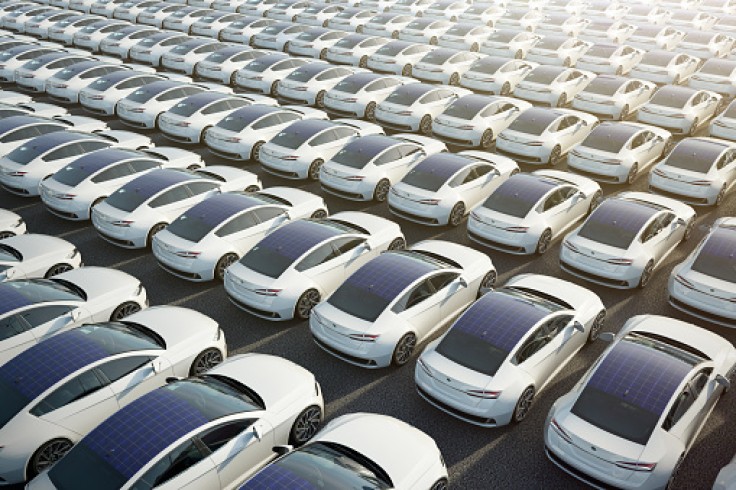As a way to combat the alarming rate of carbon emissions caused by combustion engine vehicles, electric vehicles are catching on. While already eco-friendly, study shows that solar-powered cars might actually be a better solution.

Solar-Powered Cars Cut Down Power Needs
Unlike the standard electric vehicles we have now that need to be plugged in and recharged, solar cars will rely on the sun to recharge. The photovoltaic panels will be placed on the surface of the car and sunlight will be converted into energy that powers the car.
The study shows that solar energy will be able to sustain a range between six to 18 miles for EVs every day, which reduces the need to charge it by half. However, there are a lot of factors that determine the viability of the vehicle.
There's a reason that the automobile industry has invested in plugged-in electric cars instead of solar-powered ones. The charge that a vehicle can take depends on weather conditions, solar cell performance, and solar panel size, as per Interesting Engineering.
For instance, urban areas don't provide a suitable situation for sunlight, as tall buildings will get in the way of it. Less exposure means less energy, which results in the vehicle covering a shorter distance compared to charged EVs and gas-fueled cars.
With that said, it will be limited to certain purposes like short drives or urban commuting. Even in open areas, the weather can still be unpredictable. It won't always be sunny for optimal charging, which means that the vehicle will be reliant on an inconsistent power source.
There's also the issue of placement. There's only so much surface area on a car that can be hit by sunlight, which means that there's little space to put solar panels on. It won't be enough to power the car for long-distance travel.
The author of the study, Miguel Centeno Brito says that cities are the main market for EVs due to the relatively small traveled distances. But, he also pointed out the fact that buildings, trees, and other obstacles casting shadows limit the solar potential of driving or parked cars.
Solar-Powered Chargers are the Next Best Thing
Solar panels mounted on the car directly may not be viable for long distances, but solar power is not to be dismissed completely. You can still use solar panels to charge electric vehicles at home, and it can be both cost-efficient and environment-friendly.
The amount of power an electric vehicle can get from solar-powered charging still varies. For instance, a 6.5 kW solar panel system would take a 64kWh car seven hours to go from 20% to 80%, while a 10kW Solar panel system will take five hours for the same percentage and vehicle.
As mentioned in Clean Energy Reviews, the actual charging time significantly depend on factors like how low the battery of the electric vehicle is, the type of EV charger that is being used since some charge faster than others, and the current weather condition in the location.









